Early-stage nanotech company SiO2 Nanotech has begun beta testing commercial applications of its anti-fogging technology for corporate partners.
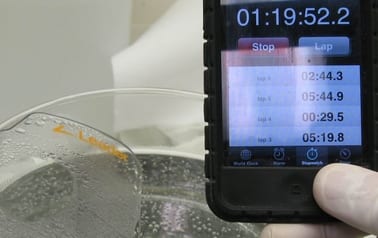


Early-stage nanotech company SiO2 Nanotech has begun beta testing commercial applications of its anti-fogging technology for corporate partners.
The Technische Universität Dresden has celebrated the official opening of a new analytics center – the Dresden Center for Nanoanalysis.
New research has investigated how the internal structure of organic solar cells impacts their performance.
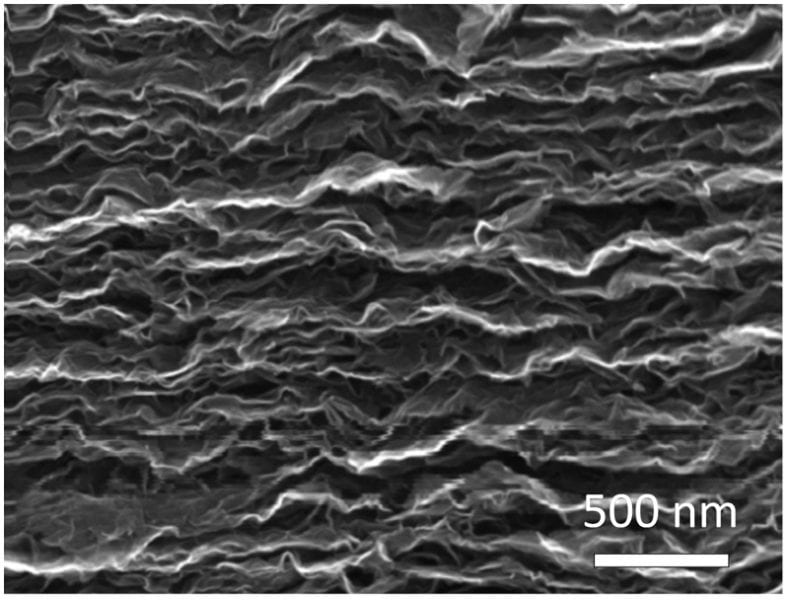
Chinese researchers develop a new process to make flexible electrodes for lithium ion batteries quickly and easily.
Paul O’Brien’s research centres on developing new chemical processes for thin films and nanoparticles, especially of chalcogenide-containing materials.
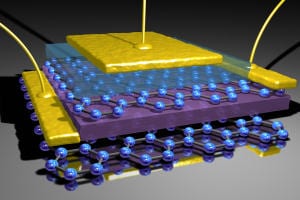
Device is capable of revolutionising technologies for medical imaging and security screening.

Martin Green from UNSW, a pioneer in solar photovoltaic science and engineering, has been elected into the prestigious Fellowship of the Royal Society.
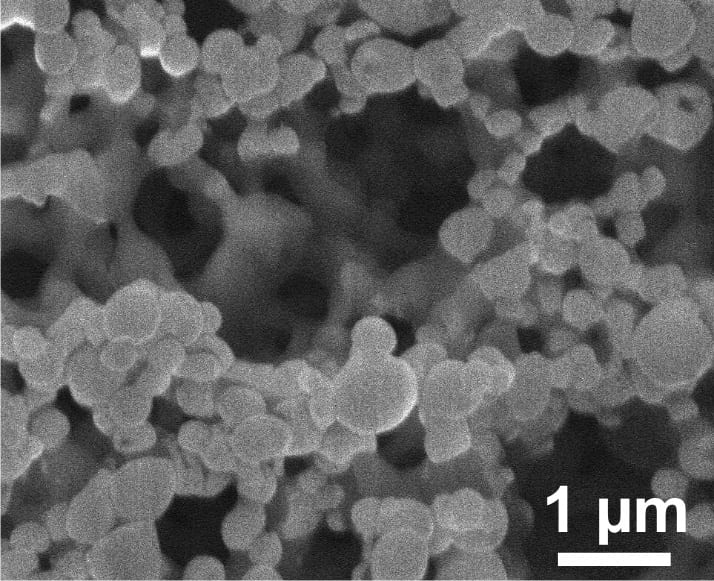
Researchers have developed a network of nanoscale particles that can be injected into the body and release insulin when blood-sugar levels rise.
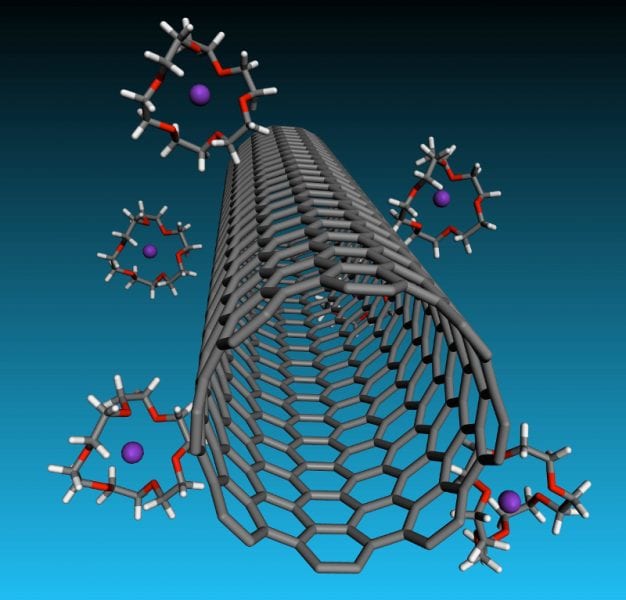
Rice University strategy turns negatively charged carbon nanotubes into liquid crystals that could enhance the creation of fibers and films.
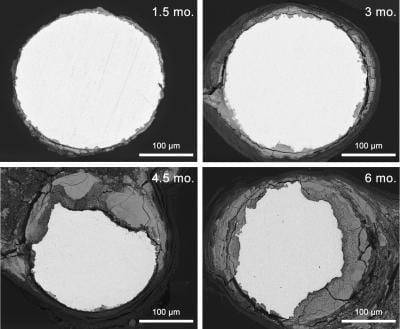
Some materials dissolve too quickly in the body, and some hang around forever — zinc, however, may be just right.